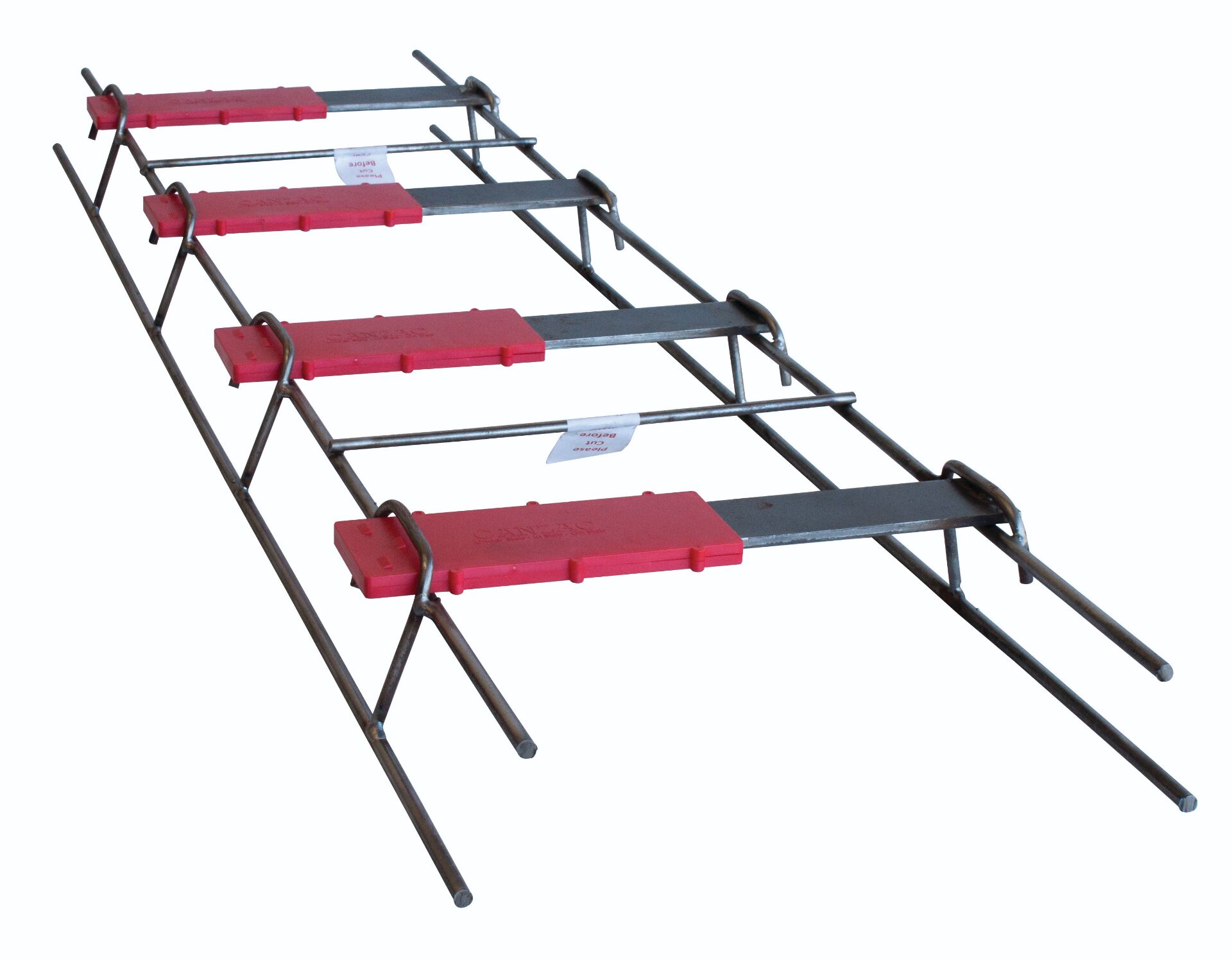
- Mobile Phone
- +8613931874955
- sales@cntcmetal.com
round wire springs
Round wire springs are essential mechanical components used in various applications due to their unique ability to absorb shock, store energy, and provide resistance. These springs are manufactured from round wire, which is available in various diameters and materials, allowing for a wide range of specifications tailored to specific needs.
One of the primary types of round wire springs is the compression spring. Designed to resist compressive forces, these springs are commonly found in automotive applications, industrial machinery, and consumer products. They work by shortening under load, storing energy as they compress. When the external force is removed, they return to their original shape, releasing the energy stored within.
Another common variation is the extension spring, which works in the opposite manner. These springs are designed to absorb and store energy when they are stretched. They are equipped with hooks or other attachment features at their ends, allowing them to be integrated into a range of applications, such as in fitness equipment, toys, and industrial equipment where tension is required.
Torsion springs utilize round wire to provide twisting motion. By applying torque, these springs can return to their original position after being twisted. Torsion springs are significant in numerous applications, including clothespins, toy mechanisms, and automotive parts, where rotational movement is essential.
round wire springs

The manufacturing process for round wire springs involves several steps, including wire drawing, coiling, heat treating, and surface finishing. Wire drawing reduces the diameter of the wire while increasing its length. Coiling the wire into the desired spring shape is a critical step, and accuracy during this phase is crucial for the performance of the spring.
Heat treatment enhances the mechanical properties of the spring, allowing it to withstand higher loads and extending its lifespan. Surface finishing processes, such as coating or plating, may be applied to prevent corrosion and improve durability.
The versatility, reliability, and efficiency of round wire springs make them indispensable in countless applications. Engineers and designers must carefully select the appropriate type of round wire spring for each project, considering factors such as load capacity, material properties, and environmental conditions. Whether in everyday household items or complex industrial machines, round wire springs continue to play a vital role in modern technology.
share:
-
Your Source for Concrete Wall Ties and Masonry AccessoriesNewsJul.10,2025
-
Unlocking the Power of Iron Wire for Every ProjectNewsJul.10,2025
-
Explore Advanced Chain Wire and Stainless Steel Mesh FencingNewsJul.10,2025
-
Discover the Benefits of Annealed Wire ProductsNewsJul.10,2025
-
Discover China Stainless Steel Wire Mesh SolutionsNewsJul.10,2025
-
Build with Confidence Using High-Performance Masonry AccessoriesNewsJul.10,2025
-
Why Sacrificial Formwork Is Redefining Underground ConstructionNewsJun.06,2025



















